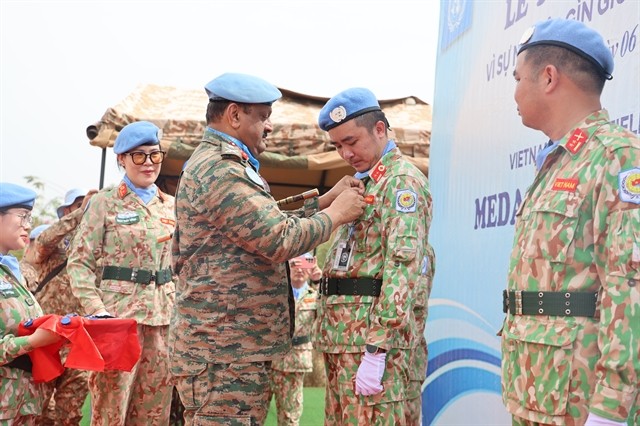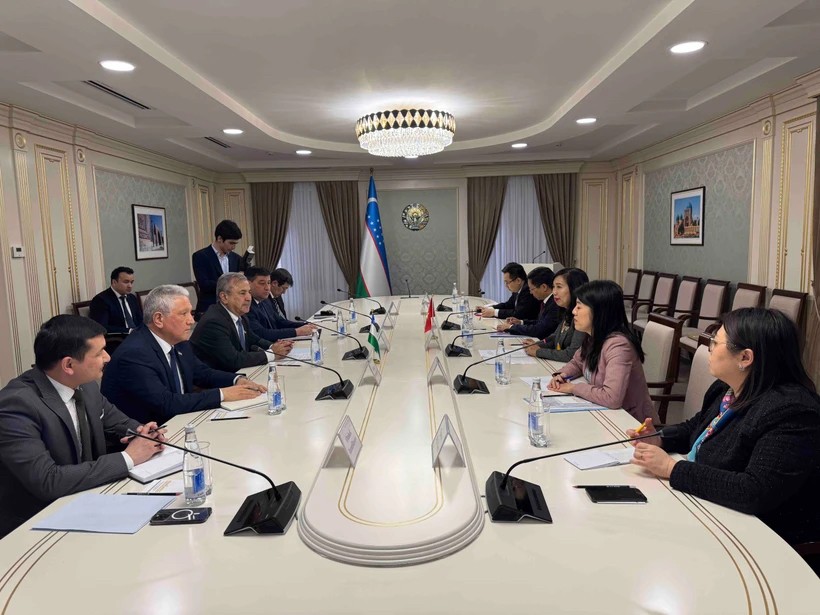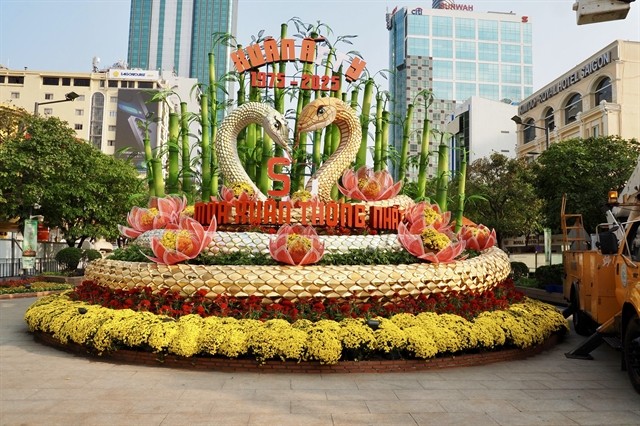Diplomacy in Cause of Defending Socialist Vietnam: Achievements and Lessons Learned (Part 2)
Outstanding achievements in foreign affairs during the construction and defense of socialist Vietnam
| Vietnam's Economic Achievements And Lessons Learned For Cuba | |
| Vietnam, G7 Countries Share Lessons on Inclusion, Disability |
Throughout different periods, Vietnam's foreign affairs have played a crucial role in safeguarding territorial sovereignty, breaking the blockade and embargoes amidst challenging circumstances. At the same time, Vietnam has expanded relations with numerous countries worldwide, thereby enhancing the nation’s overall strength, and consolidating its global standing.
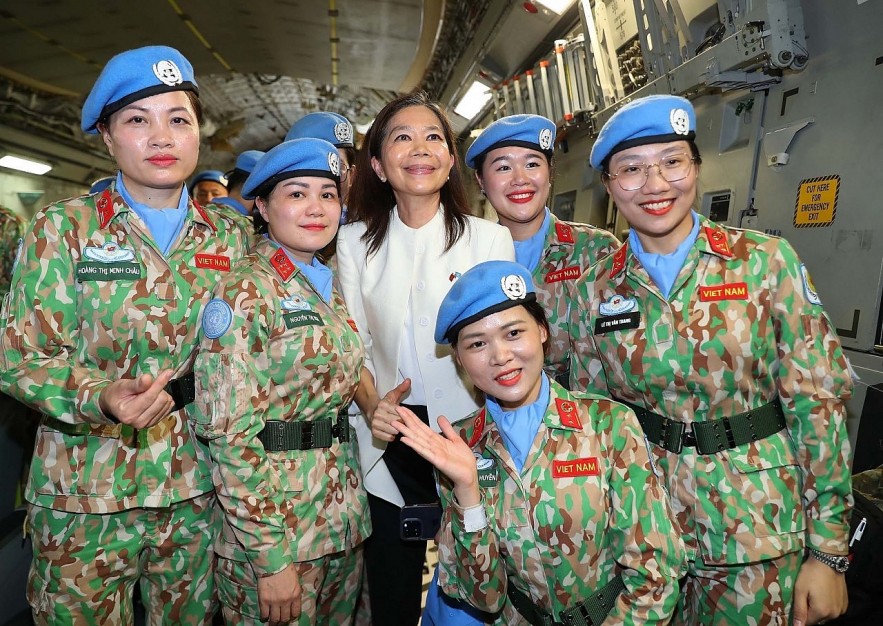 |
| Representatives from embassies and international organizations in Vietnam bid farewell to female officers of Level-2 Field Hospital No. 6 and Engineering Unit No. 3 as they depart for their mission with the United Nations Peacekeeping Operations in South Sudan and the Abyei region. Photo: VNA |
In addition to overcoming difficulties and challenges, Vietnam’s diplomacy has significantly contributed to shaping new perceptions of the dialectical relationship between security and development. In the complex domestic and international context of the late 1980s and early 1990s, foreign affairs proposed several critical aspects of foreign policy, such as emphasizing the growing trend of struggle and cooperation, peaceful coexistence, and the emergence of a global market where two opposing economic systems competed fiercely.
At the same time, economic cooperation was recognized as an inevitable development need for both systems. The highest interests of the Party and the people were identified as consolidating and maintaining peace to focus efforts on economic construction and development. This required a new perspective on security and development in the contemporary era, reaffirming the priority direction of sustaining peace and promoting economic growth. Foreign affairs bodies also contributed to drafting numerous state legal documents, including those related to external economic relations.
Entering the 1990s, in response to major global upheavals, Vietnam's foreign affairs underwent significant transformation, contributing to strengthening national power and international standing while fostering a peaceful and stable environment for development. Building on improved relations with major countries, Vietnam swiftly established and expanded relations with neighboring, regional, and global partners while gradually participating in significant regional and international organizations and forums, such as the Association of Southeast Asian Nations (ASEAN), the Asia-Pacific Economic Cooperation (APEC), and the World Trade Organization (WTO). During this period, foreign affairs advanced remarkably in their conceptual approach, demonstrated by broadening the notions of "partner" and "adversary," transitioning from "reform for integration" to "integration for development," and harmonizing the balance between cooperation and struggle in bilateral relations, and on international issues.
Vietnam’s foreign affairs increasingly coordinated effectively with defense and security to firmly protect national sovereignty and territorial integrity. Vietnam’s steadfast and flexible diplomatic efforts have contributed to controlling and preventing conflicts, ensuring a peaceful and stable environment for development. Achievements in border diplomacy during this period included completing the demarcation and planting of land borders with China, Laos, and Cambodia.
In the current era of international integration, foreign affairs have played a significant role in maintaining political and social stability, defending the country, maximizing national interests, and fostering economic development, market expansion, and technology acquisition to drive the nation’s progress. By consistently adhering to the foreign policy of independence, self-reliance, multilateralization, diversification, and proactive international integration for national interests, Vietnam's foreign relations have deepened and expanded partnerships with many nations.
Since the 11th Party Congress in 2011, Vietnam has elevated its approach from economic integration to "comprehensive international integration." Multilateral foreign policy has undergone a significant shift, as reflected in Directive 25-CT/TW, issued on August 8, 2018, by the Party Secretariat. This directive marked a transition from "participation" to "proactive engagement" and emphasized Vietnam’s role as a "core," leading actor in multilateral initiatives.
Efforts in foreign affairs, in collaboration with other agencies and ministries, have significantly contributed to Vietnam’s unprecedented achievements, capabilities, stature, and international reputation. Vietnam now finds itself in a position of "befriending all democratic nations and harboring enmity towards none," as envisioned by President Ho Chi Minh.
From a nation under blockade and embargo, with relations limited to about 30 economies, Vietnam now has economic and trade relations with 230 countries and territories, has signed over 500 bilateral and multilateral trade agreements across various fields, and accesses markets in nearly 60 economies, accounting for almost 90% of the global GDP.
Vietnam has increasingly engaged deeply in multilateral governance mechanisms, contributing to the promotion of peace and stability in the region and globally. The nation has become a reliable and responsible partner in the international community, as demonstrated by its successful tenures as a non-permanent member of the UN Security Council, ASEAN Chairmanship, APEC host, and participation in many major diplomatic events.
Vietnam has also successfully intertwined interests with major and medium-power countries. To date, the country has established and upgraded strategic partnerships and comprehensive strategic partnerships with 18 countries. Recently, Vietnam was elected to key international bodies, such as the Executive Board of UNESCO (2021-2025), the Board of Governors of the International Atomic Energy Agency (IAEA), the Postal Operations Council of the Universal Postal Union (UPU), the International Law Commission (ILC) for the 2023-2027 term, and the United Nations Human Rights Council for the 2023-2025 term.
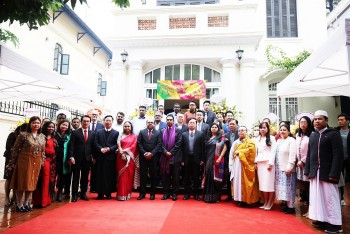 | Enhancing Vietnam - Sri Lanka Relations through Multi-faceted Cooperation To celebrate the 75th anniversary of the National Day of the Democratic Socialist Republic of Sri Lanka (February 4, 1948 - February 4, 2023), a ... |
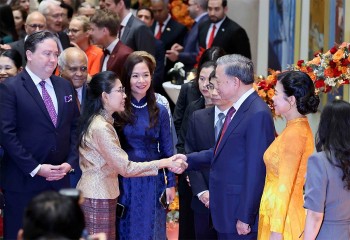 | Diplomacy in Cause of Defending Socialist Vietnam: Achievements and Lessons Learned (Part 1) The history of Vietnam’s diplomacy is inseparable from the significant milestones in the nation’s journey of building and defending its homeland. Over nearly five decades ... |
Recommended
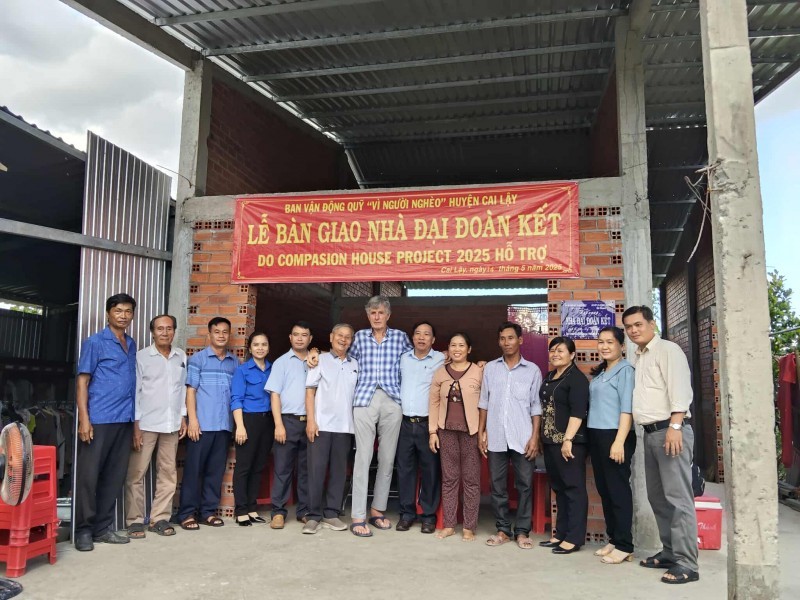 Viet's Home
Viet's Home
Compassion House - John Donovan Project Supports 10 Great Solidarity Houses in Tien Giang
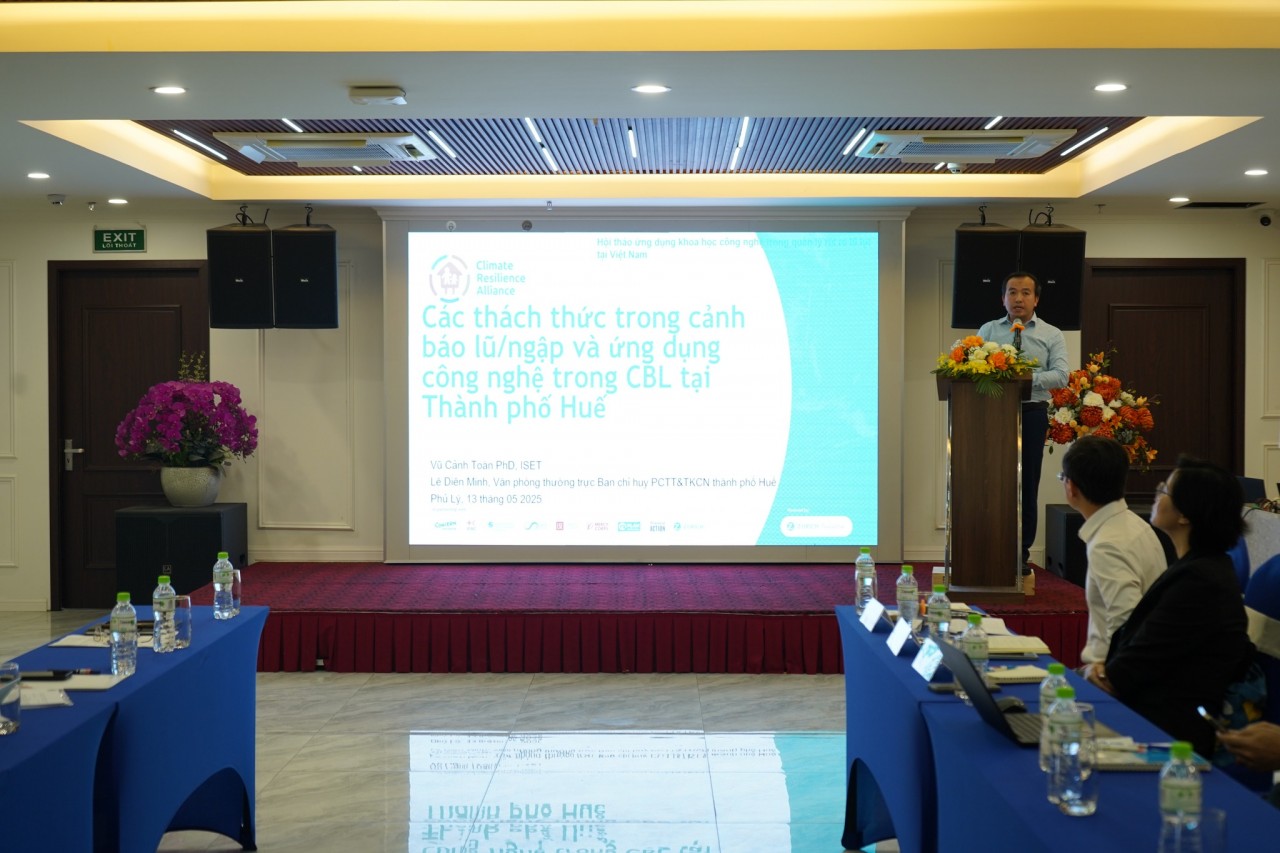 Viet's Home
Viet's Home
Harnessing Emerging Technologies for Flood Risk Warning in Vietnam
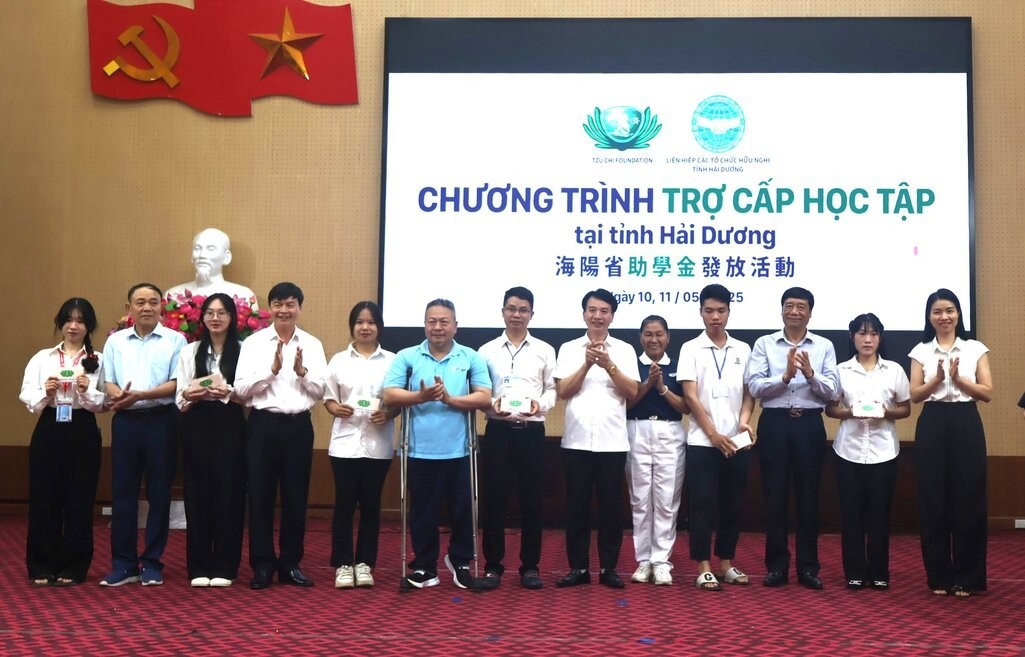 Viet's Home
Viet's Home
Tzu Chi Grants Over VND 2 Billion to Support Disadvantaged Students in Hai Duong
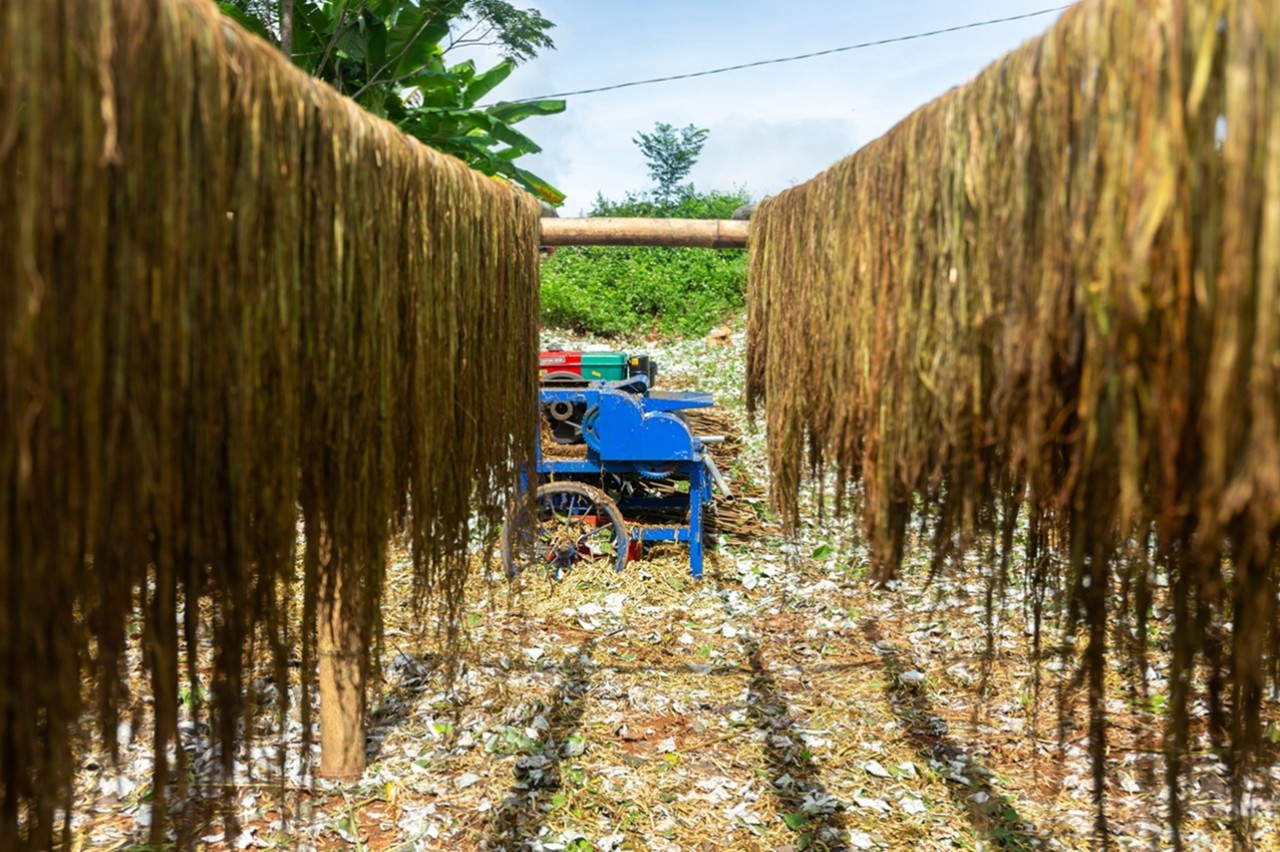 Viet's Home
Viet's Home
CARE Supports Hoa Binh Residents to Develop Sustainable Hemp Products
Popular article
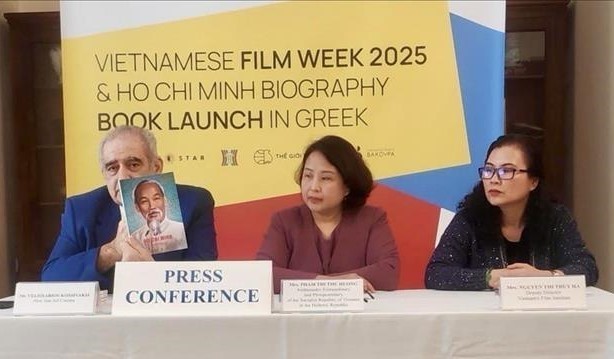 Viet's Home
Viet's Home
"Ho Chi Minh Biography" in Greek Launched in Athens
 Viet's Home
Viet's Home
French-Vietnamese Author Introduces Book Series "Memories of Overseas Vietnamese"
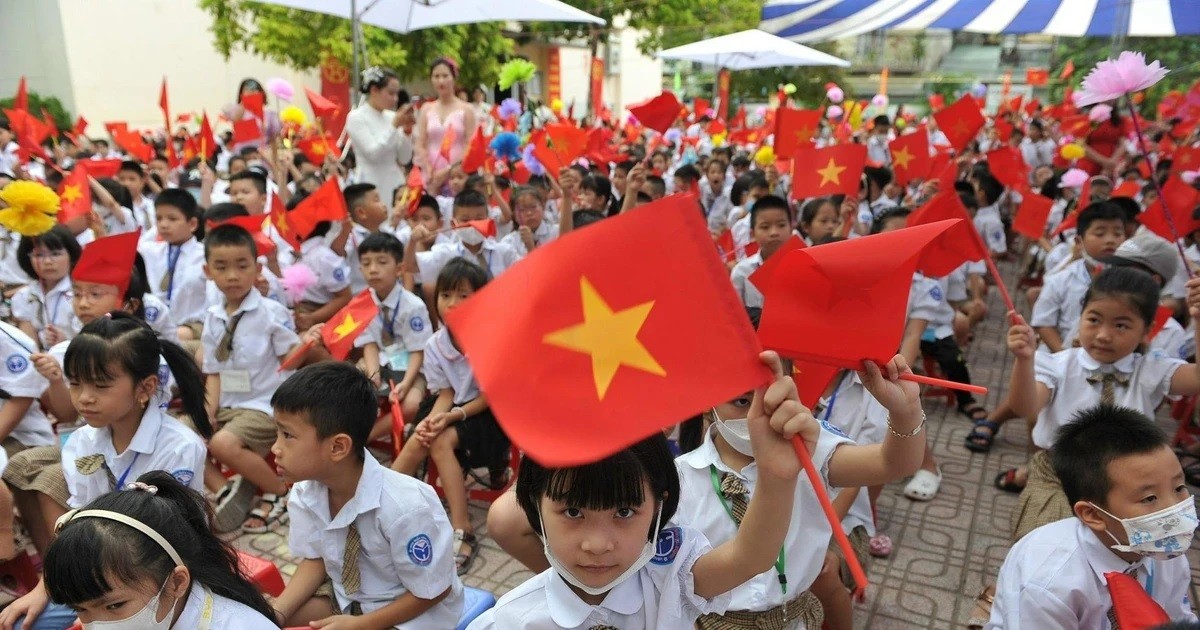 Viet's Home
Viet's Home
Vietnam's Human Development Index Remains High
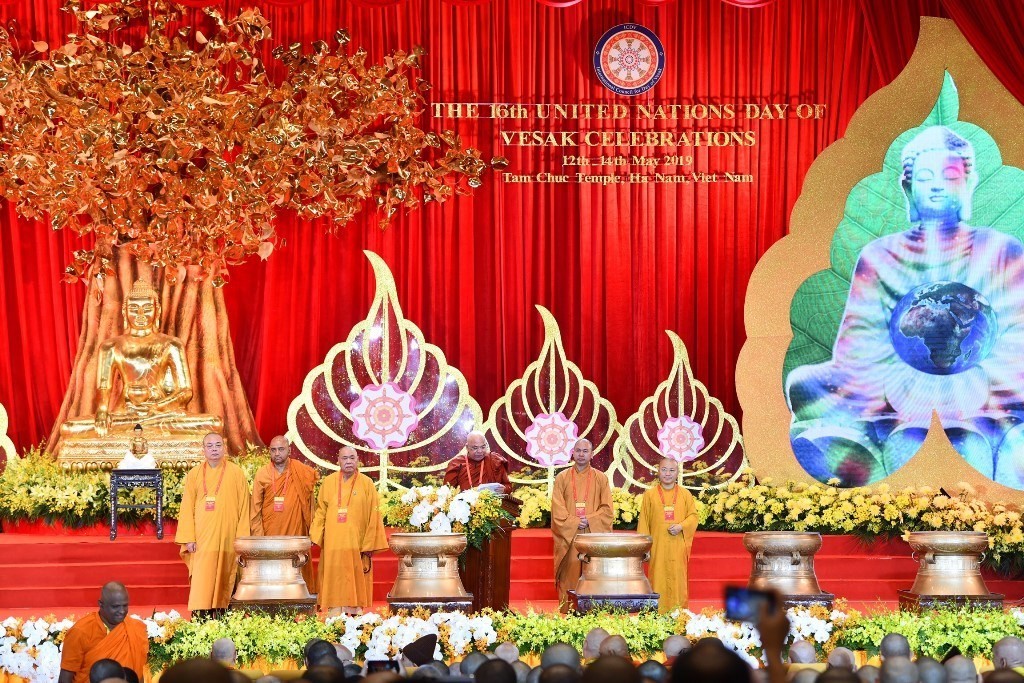 Viet's Home
Viet's Home




